Uncategorized
-
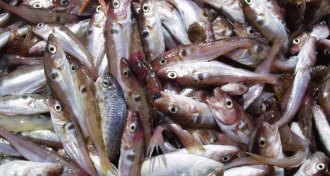 Oceans
OceansOceans that are warming due to climate change yield fewer fish
Warming water due to climate change is diminishing sustainable fishery yields in the world’s oceans.
-
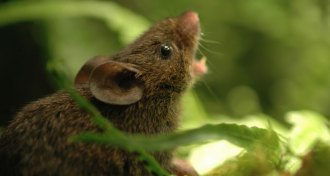 Neuroscience
NeuroscienceHow singing mice belt out duets
A precise timing system in the brain helps musical rodents from the cloud forests of Costa Rica sing to one another.
-
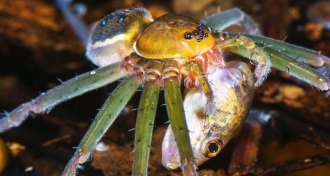 Animals
AnimalsWhat spiders eating weird stuff tell us about complex Amazon food webs
By documenting rare events of invertebrates eating small vertebrates, scientists are shedding new light on the Amazon rainforest’s intricate ecosystem.
By Jeremy Rehm -
 Health & Medicine
Health & MedicineWatching hours of TV is tied to verbal memory decline in older people
The more television people age 50 and up watched, the worse they recalled a list of words in tests years later, a study finds.
-
 Health & Medicine
Health & Medicine50 years ago, people thought MSG caused ‘Chinese restaurant syndrome’
In the 1960s, people blamed monosodium glutamate in Chinese food for making them sick, but the claim hasn't stood up to time or science.
-
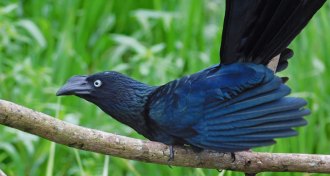 Animals
AnimalsThis parasitic cuckoo bird shows cheaters don’t always get ahead
Birds called greater anis that can slip extra eggs into other nests create a natural test of the benefits of honest parenting.
By Susan Milius -
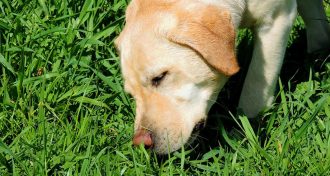 Genetics
GeneticsGenes might explain why dogs can’t sniff out some people under stress
Genes and stress may change a person’s body odor, confusing police dogs.
-
 Health & Medicine
Health & MedicineTreating mosquitoes may be a new way to fight malaria
A lab test suggests it may be possible to treat mosquitoes infected with the malaria parasite to stop disease transmission.
-
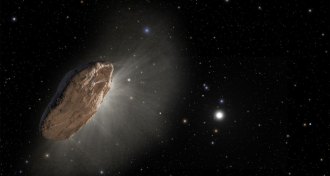 Astronomy
Astronomy3 explanations for ‘Oumuamua that aren’t alien spaceships
Astronomers are coming up with some creative ideas to explain the weird behavior of the first known interstellar object.
-
 Chemistry
ChemistryExtreme elements push the boundaries of the periodic table
The hunt for the next elements on the periodic table might turn up superheavy atoms that flaunt the rules of chemistry.
-
 Genetics
GeneticsA long handshake can spread your DNA to objects you didn’t touch
Two new studies show that even brief contact with another person or object could transfer your DNA far and wide.
-
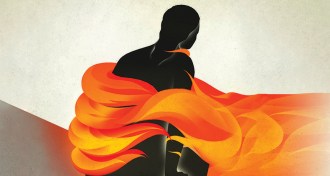 Health & Medicine
Health & MedicineWith its burning grip, shingles can do lasting damage
Varicella zoster virus, which causes chickenpox and shingles, may instigate several other problems.